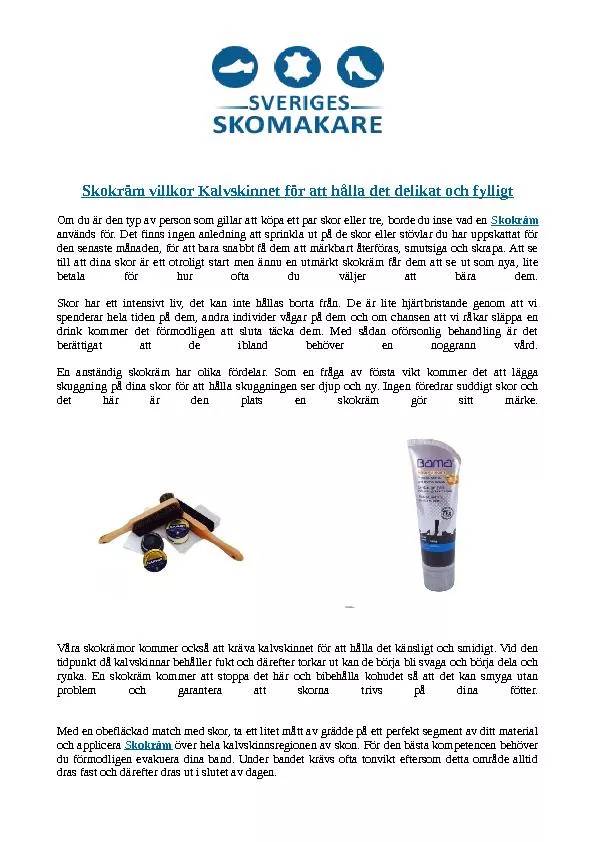PDF-INFORMATION FOR THE CANDIDATEScenario N
Author : alida-meadow | Published Date : 2015-09-18
EX4 xMCIxD 0 xMCIxD 0 MRCPUK PACESStation 4COMMUNICATION SKILLS AND ETHICS Your role You are the doctor on the ward Problem Explaining a diagnosis of lung cancer
Presentation Embed Code
Download Presentation
Download Presentation The PPT/PDF document "INFORMATION FOR THE CANDIDATEScenario N" is the property of its rightful owner. Permission is granted to download and print the materials on this website for personal, non-commercial use only, and to display it on your personal computer provided you do not modify the materials and that you retain all copyright notices contained in the materials. By downloading content from our website, you accept the terms of this agreement.
INFORMATION FOR THE CANDIDATEScenario N: Transcript
Download Rules Of Document
"INFORMATION FOR THE CANDIDATEScenario N"The content belongs to its owner. You may download and print it for personal use, without modification, and keep all copyright notices. By downloading, you agree to these terms.
Related Documents














